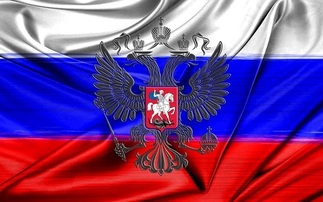Last minute lobbying by China and Russia fails to stop UN internet-freedom vote
The United Nations has voted to extend human rights to the internet in a vote on Friday, which had been put back by a day following frantic last-minute lobbying by officials from China and Russia. ...
To continue reading this article...
Join Computing
- Unlimited access to real-time news, analysis and opinion from the technology industry
- Receive important and breaking news in our daily newsletter
- Be the first to hear about our events and awards programmes
- Join live member only interviews with IT leaders at the ‘IT Lounge’; your chance to ask your burning tech questions and have them answered
- Access to the Computing Delta hub providing market intelligence and research
- Receive our members-only newsletter with exclusive opinion pieces from senior IT Leaders




















